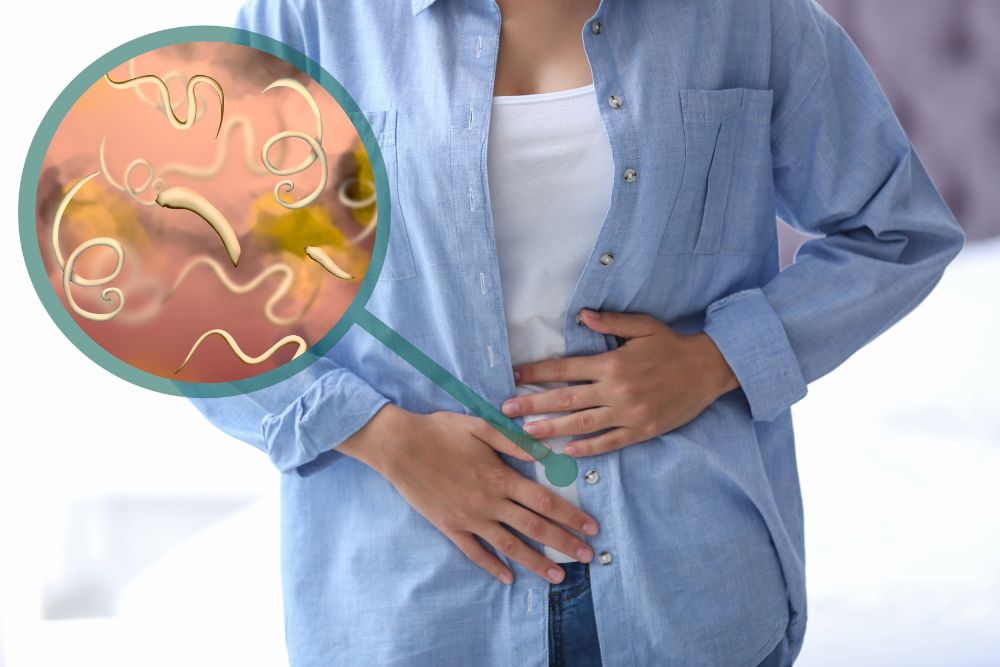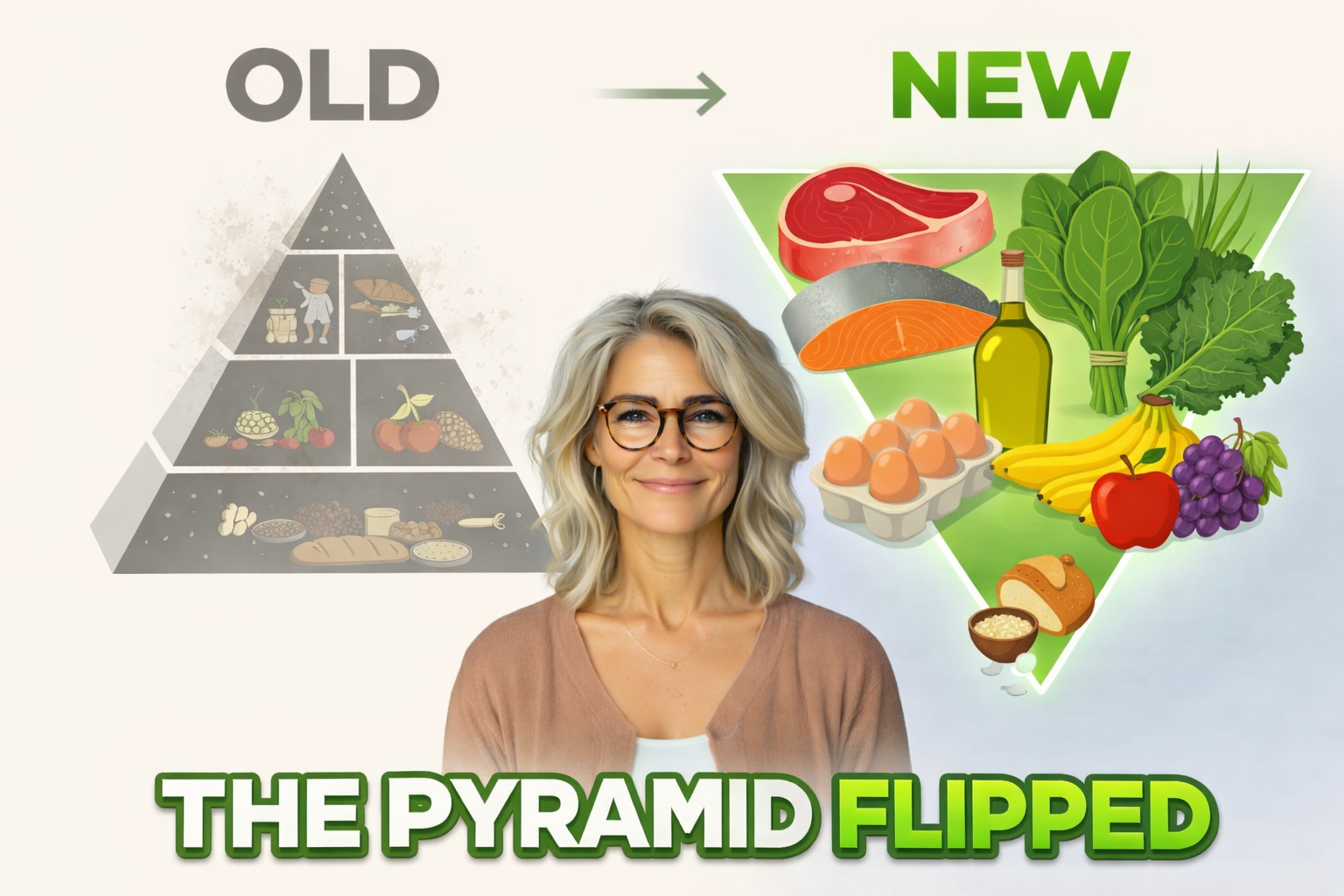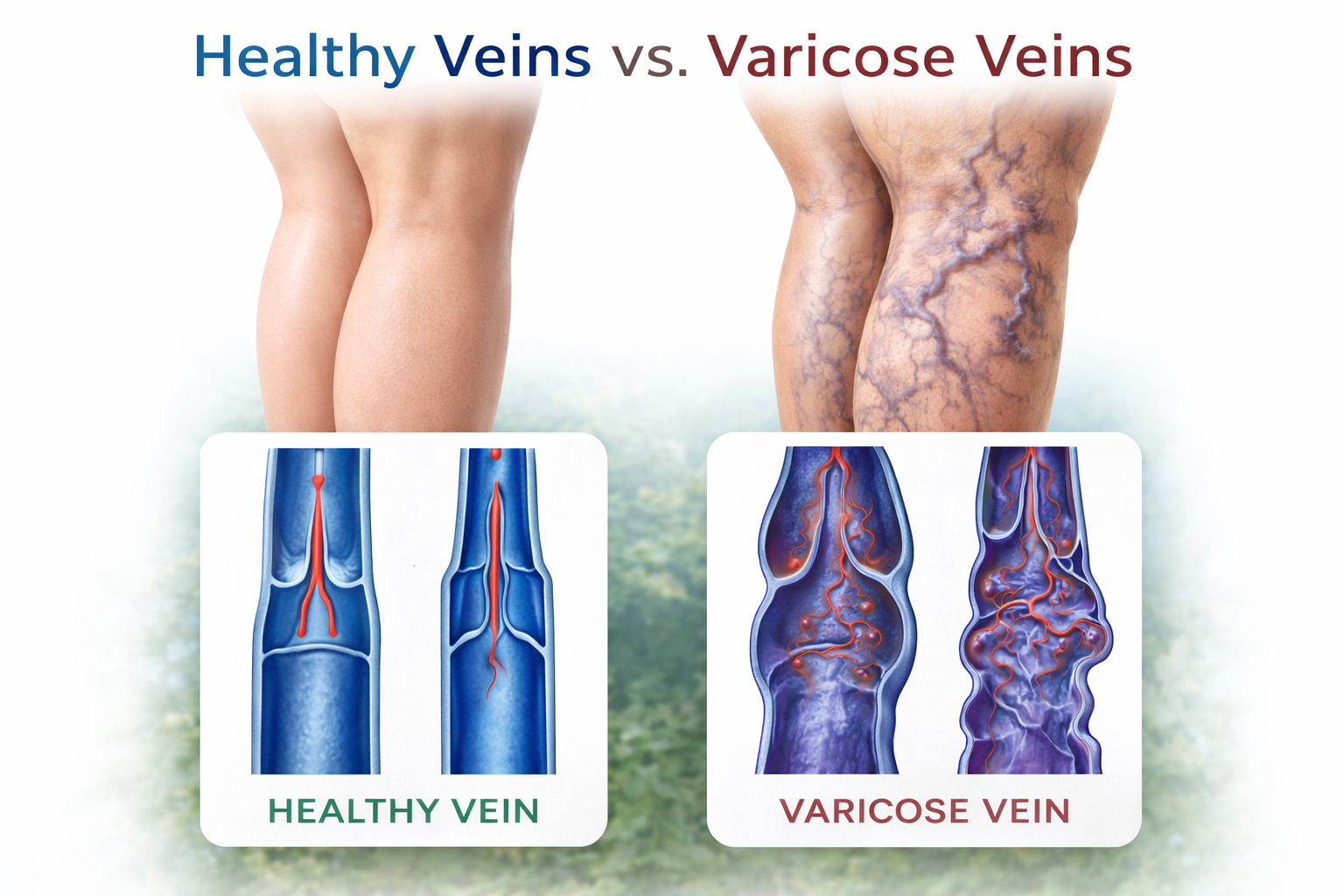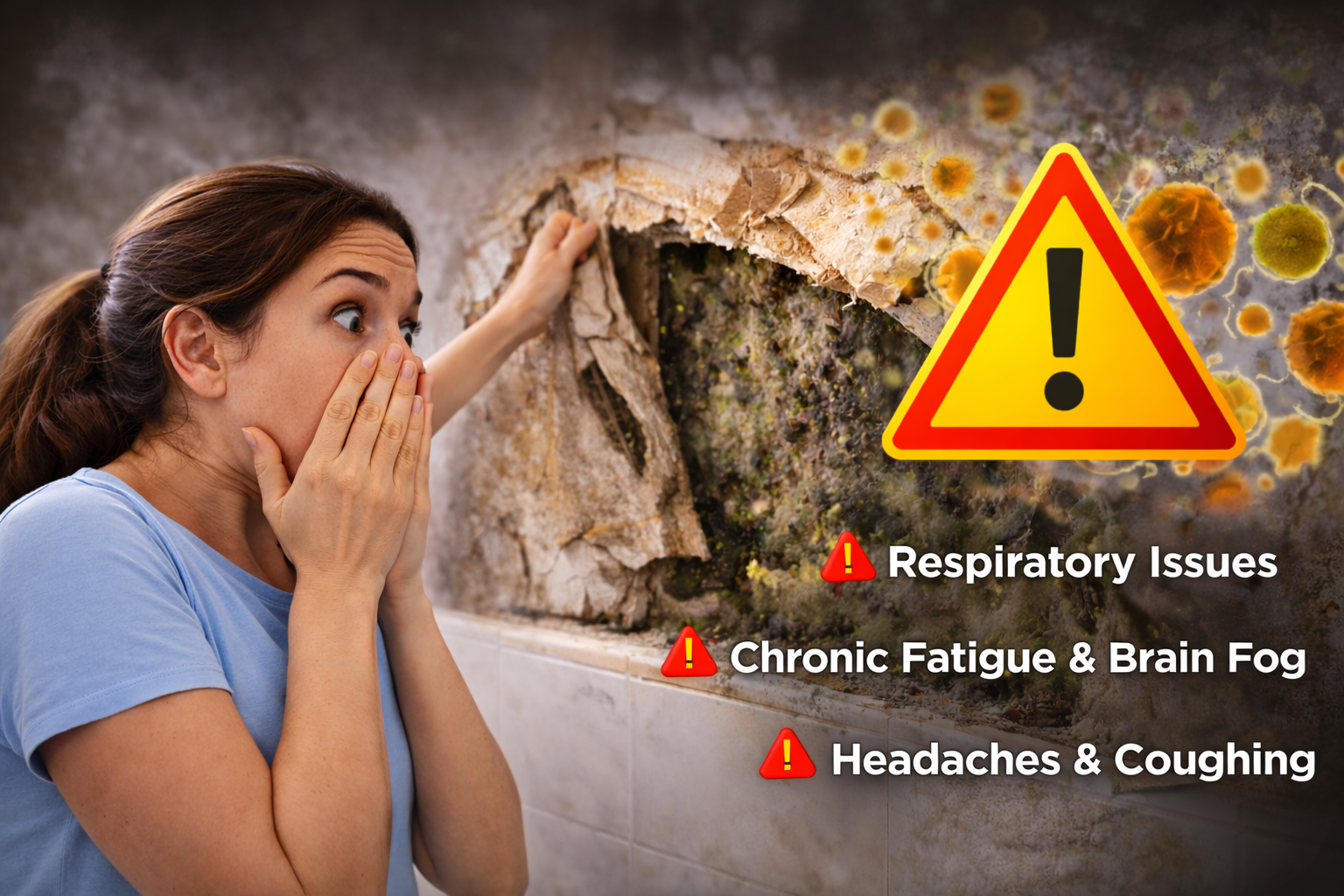Are you curious about the best foods to eat on a parasite cleanse? You’re certainly not alone. Millions of people around the world experience parasitic infections and seek natural ways to support their body’s defenses during a cleanse.

In this guide, we present a comprehensive 7-day meal plan that includes:
- Foods rich in nutrients that deliver essential vitamins, minerals, and antioxidants to promote overall wellness.
- High-fiber ingredients to support optimal gut health and encourage detoxification.
- Hydrating herbal teas to help you stay hydrated and provide calming effects.
These recommendations are not a replacement for medical advice but are intended to supplement professional guidance, making the cleansing process smoother and more comfortable.
Parasite Cleanse: Does It Really Work?
A parasite cleanse involves adjusting your diet to help reduce parasites in your body. It typically includes consuming anti-parasitic foods, like garlic and pumpkin seeds, while avoiding refined sugars and processed items[1]. Although some individuals report benefits such as improved energy and well-being, it’s important to note that the evidence supporting parasite cleanses is still limited. Therefore, it’s always wise to consult with a healthcare professional before starting any cleanse to ensure safety and personalized care.
Curious about what to eat during a parasite cleanse? Below is a 7-day meal plan designed to support your body in a balanced, healthful manner throughout the process.
7-Day Parasite Cleanse Meal Plan

Day 1
- Breakfast: Papaya with seeds[2], pineapple, and berries. This combination is packed with enzymes and antioxidants to support your body’s defenses.
- Lunch: Grilled chicken or tofu salad drizzled with lemon-garlic vinaigrette, served with a variety of fresh greens.
- Dinner: Steamed vegetables such as broccoli, carrots, and zucchini with a side of quinoa for a wholesome and nutritious meal.
- Hydration: Keep yourself hydrated throughout the day with plenty of water and herbal teas.
Day 2
- Breakfast: Greek yogurt topped with chia seeds, pumpkin seeds, and almonds. Pumpkin seeds[3] are thought to have anti-parasitic properties, making this a nourishing start to the day.
- Lunch: A hearty bowl of lentil soup with mixed vegetables.
- Dinner: Baked salmon with tender asparagus and sautéed spinach for a flavorful and nutrient-rich dinner.
Day 3
- Breakfast: A comforting bowl of oats with sliced bananas and a touch of cinnamon.
- Lunch: Whole wheat tortilla wrap filled with grilled vegetables for a balanced and satisfying meal.
- Dinner: Stir-fried tofu with broccoli, bell peppers, and ginger[4] — the ginger adds flavor and has anti-inflammatory benefits, potentially helping to combat parasites.
Day 4
- Breakfast: Scrambled eggs with spinach and tomatoes, topped with cucumber seeds[5], which may help in reducing parasite activity.
- Lunch: Chickpea salad loaded with fresh vegetables for a protein-rich midday meal.
- Dinner: Roast chicken paired with sweet potatoes and green beans.
Day 5
- Breakfast: A smoothie made with kale, pineapple, banana, and pomegranate seeds — pomegranate seeds[6] are known for their potential to fight parasites.
- Lunch: Black bean and quinoa bowl for a nutritious boost of protein and fiber.
- Dinner: Grilled fish served alongside Swiss chard, which is packed with essential nutrients.
Day 6
- Breakfast: Cottage cheese topped with sliced peaches, honey, and crushed black walnuts — black walnuts are noted for their natural gut health benefits.
- Lunch: Mixed bean salad featuring a vibrant array of fresh vegetables.
- Dinner: Vegetable stir-fry with tofu over a bed of brown rice for a hearty and nourishing meal.
Day 7
- Breakfast: Whole grain toast with smashed avocado and poached eggs, sprinkled with turmeric[7] for added anti-parasitic support.
- Lunch: Spinach and arugula salad with roasted beets, goat cheese, and black walnuts.
- Dinner: Lentil curry seasoned with turmeric, served with cauliflower rice to finish the cleanse on a wholesome note.
Throughout the 7-day cleanse, remember to drink plenty of water and herbal teas. Focus on eating foods that are rich in nutrients to support gut health and aid the cleansing process.
Foods to Avoid During a Parasite Cleanse
For the best results during a parasite cleanse, consider avoiding certain foods that may support parasite growth or interfere with the detox process:
- Sugar and Sweeteners: Limiting added sugars and artificial sweeteners might reduce an energy source that parasites can utilize. Note: Naturally occurring sugars in fruits and vegetables still provide important nutrients.
- Processed Foods: Additives and preservatives in processed foods may negatively affect health. Note: Emphasize consuming whole, unprocessed foods to support optimal well-being.
- Gluten: People with sensitivities to gluten may notice digestive improvements by eliminating it. Note: Not everyone needs to avoid gluten—it’s best to consult a healthcare provider for tailored advice.
- Dairy: For individuals who are dairy-sensitive, reducing dairy intake may help prevent digestive issues. Note: Dairy is well-tolerated by many and is a good source of nutrients like calcium and vitamin D.
- Fried and Greasy Foods: These foods can contribute to inflammation and disrupt digestion. Note: Moderation is important; choose healthier cooking options such as grilling or steaming.
- Caffeine and Alcohol: These substances can potentially hinder liver function and affect detoxification. Note: Consider reducing consumption and prioritize staying hydrated with water and herbal teas.
- Processed Meats: They may contain additives that are tough on the digestive system. Note: Opt for lean and unprocessed proteins to maintain a healthy diet.
- Highly Acidic Foods: Although the body maintains its own pH balance[8], a well-rounded diet helps support overall health. Note: Aim to include a variety of fruits and vegetables for maintaining a balanced pH.
- Raw or Undercooked Meat and Seafood: These may harbor bacteria or parasites. Note: Always cook meats and seafood thoroughly to ensure safety.
Tailor your dietary plan to suit your health needs, and always consult a healthcare professional before starting a cleanse.
Identifying Parasite Die-Off Symptoms
During a parasite cleanse, you may experience symptoms of what is commonly known as the “Herxheimer reaction” or “die-off” reaction[9]. This reaction occurs when parasites and harmful bacteria die off, releasing endotoxins into the body. Here are some typical symptoms of parasite die-off:
- Diarrhea: Your body may increase bowel movements as it tries to expel toxins.
- Constipation: Inflammation can sometimes slow down normal bowel movements, leading to constipation.
- Bloating and Gas: Changes in the gut’s microbial balance can lead to increased gas and bloating.
- Abdominal Pain: Toxin release and immune response activation may cause abdominal discomfort, with intensity varying from person to person.
These symptoms are typically temporary and are a sign that your body is eliminating toxins. It is always best to consult a healthcare provider to manage these symptoms effectively.
Key takeaways
A successful parasite cleanse involves combining a well-balanced diet, proper hydration, and avoiding foods that may impede the detoxification process. The 7-day diet plan outlined here provides a foundation of nutrient-rich, anti-parasitic foods that can support the body through the cleanse. Personalized guidance from a healthcare professional is essential before beginning any dietary changes or cleanse program to ensure your safety and effectiveness.
References
- Professional, C. C. M. (n.d.). Parasites. Cleveland Clinic. https://my.clevelandclinic.org/health/diseases/24911-parasites
- Horton, J. (2021, September 8). Do papaya seeds get rid of intestinal parasites? Cleveland Clinic. https://health.clevelandclinic.org/papaya-seeds-parasite-cleanse/
- Jožica Ježek, et al. The effect of pumpkin seed cake and ground cloves (Syzygium aromaticum) supplementation on gastrointestinal nematode egg shedding in sheep. https://www.ncbi.nlm.nih.gov/pmc/articles/PMC8647689/
- Mashhadi, N. S., et al. Anti-Oxidative and Anti-Inflammatory Effects of Ginger in Health and Physical Activity: Review of Current Evidence. https://www.ncbi.nlm.nih.gov/pmc/articles/PMC3665023/
- Yan, X. N., et al. Potential use of cucumber (Cucumis sativus L.) endophytic fungi as seed treatment agents against root-knot nematode Meloidogyne incognita. https://www.ncbi.nlm.nih.gov/pmc/articles/PMC3048937/
- El-Kady, A. M., et al. Pomegranate Peel Extract Is a Potential Alternative Therapeutic for Giardiasis. https://www.ncbi.nlm.nih.gov/pmc/articles/PMC8230894/
- Hussein, A., et al. Evaluation of the Anti-schistosomal Effects of Turmeric (Curcuma longa) Versus Praziquantel in Schistosoma mansoni Infected Mice. https://www.ncbi.nlm.nih.gov/pmc/articles/PMC5756309/
- Iftikhar, N. (n.d.). What’s a Normal Blood pH and What Makes It Change? Healthline. https://www.healthline.com/health/ph-of-blood
- Dhakal, A., & Sbar, E. Jarisch-Herxheimer Reaction. https://www.ncbi.nlm.nih.gov/books/NBK557820/





